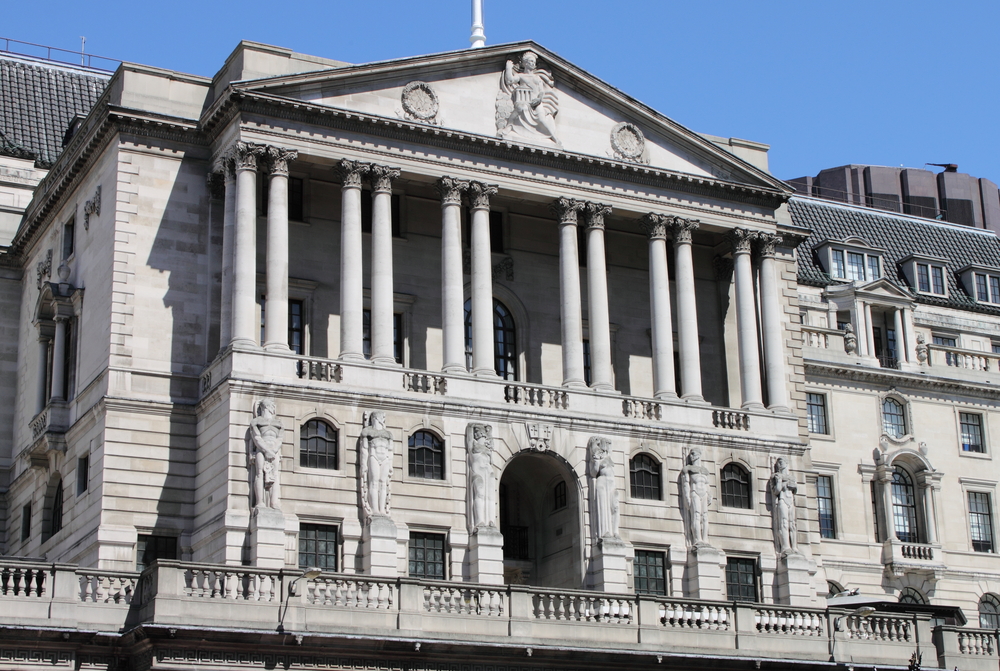News
Base rate held at 0.75% despite hints of a cut

The Bank of England’s Monetary Policy Committee voted to hold the base rate at 0.75%, despite a raft of economic data pointing to a cut.
The Committee voted by a majority of 7-2 to maintain the Bank Base rate at 0.75%, as it weighed up slowing UK GDP growth and Brexit uncertainty last year, along with a stable unemployment and inflation rate as we headed into 2020.
Minutes of the committee meeting held last night, read: “The most recent indicators suggest that global growth has stabilised, reflecting the partial easing of trade tensions and the significant loosening of monetary policy by many central banks over the past year.
“Domestically, near-term uncertainties facing businesses and households have receded. Surveys of business activity have picked up, quite markedly in some cases, and investment intentions appear to have recovered.
“Housing market indicators have strengthened and consumer confidence has increased slightly. The Committee will monitor closely the extent to which these early indications of an improved outlook are sustained and follow through to the hard data on domestic activity in coming months.”
Anna Bowes, co-founder of Savings Champion, said this was the right decision, though savers will continue to suffer.
Bowes said: “To have cut interest rates today would have seen providers add to the already shocking number of rate cuts (over 1,000) that have happened over the last year and a half, even though the base rate has remained at 0.75%.
“Savers need to take matters into their own hands and find the very best rates available to earn as much interest as they can on their hard-earned savings. Leaving money to languish in a high street bank is the worst thing you can do, as they pay some of the worst rates available.”
As an example, HSBC and Lloyds pay just 0.10% on their easy access accounts, whereas Marcus pays 1.35% AER.
“On a balance of £50,000, that is the difference of earning either £50 gross per year or £675 – but with the same access. So you can make your cash work much harder, simply by actively managing it,” she added.